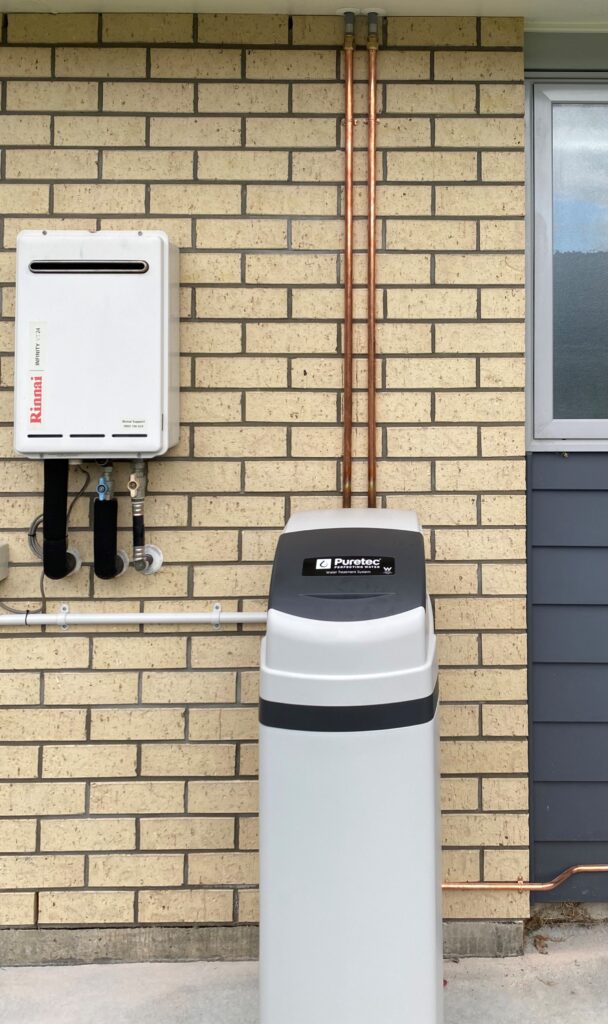Upgrading your hot water system is one of the most important plumbing investments you can make, especially if you live in Whanganui. Whether you are building new, renovating an old home, or replacing a faulty cylinder, understanding the cost of installing a new hot water system in Whanganui is key to budgeting smartly. The total cost can vary significantly depending on the type of system, your home’s layout, and the professional you hire to install it.
Key Points
- Explore typical price ranges for different types of hot water systems
- Understand how local factors in Whanganui can affect installation costs
- Learn about hidden or additional charges like permits and upgrades
- Get tips on how to save money and choose a reliable installer
Factors That Influence the Cost of Installing a New Hot Water System in Whanganui
Type of Hot Water System Chosen
The first major factor influencing the cost is the type of hot water system you install. In Whanganui, homeowners commonly choose between gas continuous flow systems, electric storage cylinders, solar hot water systems, and heat pump units. Each comes with its own pricing structure. Electric cylinders are generally the most affordable upfront, while solar and heat pump systems require a higher initial investment but may save more in the long run.
Size and Capacity Requirements
The size of your household directly affects the cost of installing a new hot water system in Whanganui. Larger families require greater water heating capacity, which means bigger units or multiple systems. For example, a two-bedroom home with two occupants might manage with a 135-litre electric cylinder, while a four-bedroom family home may need a 250-litre model or a continuous flow gas system.
Installation Complexity in Whanganui Homes
Older Whanganui homes often pose more challenges during installation. Tight roof cavities, outdated plumbing, and limited exterior wall space can all increase the time and labour needed. If the installer needs to reroute pipes or upgrade the electrical or gas supply, this will drive the final price up. Installation on new builds is generally more straightforward and cost-effective.
Average Installation Costs for New Hot Water Systems in Whanganui
Gas Continuous Flow Systems
Gas continuous flow systems like Rinnai Infinity are increasingly popular in Whanganui due to their efficiency and compact design. On average, you can expect to pay between $2,500 and $3,800 for supply and installation, depending on the gas connection requirements and model.
Electric Storage Cylinders
Electric hot water cylinders remain a common choice, particularly in existing homes. The cost of installing a new electric cylinder in Whanganui typically ranges from $1,800 to $3,000, depending on the size and ease of access. Dual-element models suited for night-rate electricity may be slightly more expensive.
Solar and Heat Pump Water Heaters
For those seeking sustainability, solar and heat pump systems are attractive options. In Whanganui, installing a solar hot water system can cost upwards of $4,500, while heat pump water heaters usually range from $3,500 to $5,500. Although the upfront cost is higher, ongoing power savings make them appealing in the long run.

Hidden and Additional Costs Whanganui Homeowners Should Know About
Council Permits and Compliance Checks
One commonly overlooked cost when installing a new hot water system in Whanganui is council compliance. You may need permits for plumbing or gas fitting work, particularly if the location of the system changes. Permit and inspection fees usually add $100 to $300 to your total cost.
Removal and Disposal of Old Systems
If you’re replacing an old cylinder or tank, make sure your installer includes the cost of removal and disposal in their quote. In Whanganui, this fee generally ranges between $100 and $250 depending on the condition and weight of the old unit.
Upgrading Gas or Electrical Connections
Upgrading to a gas system from an electric one often requires new gas lines, vents, and regulators. Similarly, switching to a heat pump or larger electric unit may require electrical upgrades. These infrastructure improvements can add $500 to $1,500 to your installation cost.
How to Choose the Right Installer in Whanganui to Avoid Unexpected Costs
What to Look for in a Licensed Hot Water System Installer
A licensed installer familiar with Whanganui properties and council requirements is crucial. Look for registered plumbers and gasfitters who offer transparent quoting, warranties, and after-sales support. A good installer will conduct a site visit before quoting to identify any challenges.
Questions to Ask When Getting a Quote
When requesting a quote, always ask:
- Is removal of the old system included?
- Are council permits part of the quote?
- Does the quote cover all plumbing, valves, and compliance work?
- What warranties are provided on both the unit and the installation?
Getting detailed answers upfront can prevent nasty surprises later on.
Saving on the Cost of Installing a New Hot Water System in Whanganui
When to Replace vs Repair
It can be tempting to repair an old unit, but repairs often become more expensive over time. If your system is over 10 years old and struggling with performance, it may be more cost-effective to invest in a new hot water system installation in Whanganui.
Bundling with Other Plumbing Work
If you are already planning a bathroom renovation or kitchen upgrade, consider bundling your hot water system installation into the same job. This reduces travel and labour costs and may offer better overall value. Many Whanganui plumbing firms provide discounted rates for bundled services.
Planning Ahead for a Hot Water System Installation in Whanganui
The cost of installing a new hot water system in Whanganui depends on the system type, your household’s needs, and your property’s layout. Factor in potential extras like permits, connection upgrades, and system disposal to get a realistic budget. With careful planning and the help of a licensed local installer, you can ensure your home enjoys reliable hot water for years to come—without any budget blowouts.